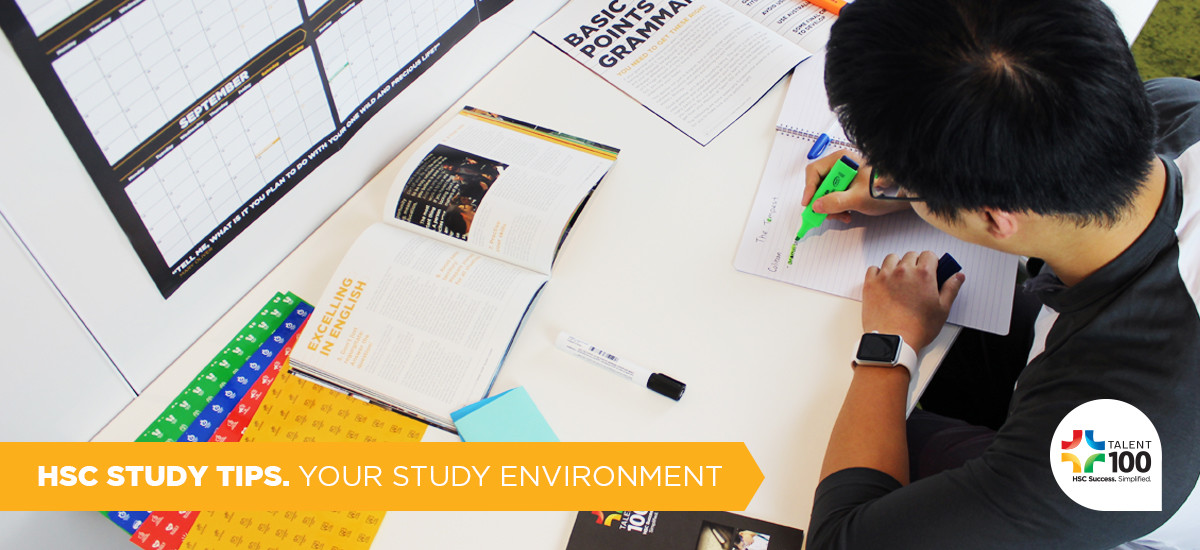
A key factor in how productive you are when you study is how you set up your study environment. Though it might seem superficial, where you study very much affects how you study, as well as your state of mind when you do so.
Studying is tough. Simply because of the way that we irrationally evaluate the pros and cons of doing something now versus doing something later, we often tend to put off tasks, reducing productivity and often inducing stress.
In fact, the study of behavioural economics tells us that we have ‘present bias’ in decision making – that is, we value payoffs in the present (like putting off your English essay to play Call of Duty instead!) more than the future (doing your work first, and relaxing later) simply because of inherent human psychological tendencies.
Often, the number one underlying reason behind poor study productivity and habits is distraction. To become a more effective studier, you need to start by creating a study environment that stops your mind from wandering. These are our top tips for doing so:
1. Designate a dedicated space for studying.
This can be your room, your local or school library, or another place in your house, but the key point is to create an area where when you sit down, you associate it with studying. Having consistency in the physical space you do your work helps you find the same mentally productive state each time you get to work.
2. Keep technology away when you’re not specifically using it for the tasks you’re trying to complete.
It’s all too tempting to jump on Snapchat or Instagram on your phone or desktop every so often, but these ‘breaks’ add up in terms of the time you have available, and more importantly, they break your concentration. It’s impossible to become absorbed in tasks with notifications continually disturbing you, so unless you are making notes on your computer, remove these devices from your study environment.
Wherever possible, it can be helpful to print off relevant materials in hard copy rather than read them on-screen, to remove all temptation. While taking effective breaks is important, checking your social media feeds definitely doesn’t count as ‘effective’, if it’s happening every 5 or 10 minutes.
3. Have snacks and water readily available.
Hunger and thirst are also distractions that can decrease your mental concentration, and keeping full and hydrated works wonders for your ability to concentrate on your work rather than be distracted by your bodily needs.
What you eat is also very important – stay tuned for our article on study nutrition, coming soon!
4. Let your friends and family know ahead of time when they shouldn’t bother you.
If you communicate your study schedule to the people close to you, chances are, not only will it help avoid distraction but they’ll help keep you on track! Making a plan and sticking to it is a really important part of avoiding procrastination.
This can really help create an environment where you have minimal chance of being disrupted by others – intentionally or unintentionally – maximising your productivity.




